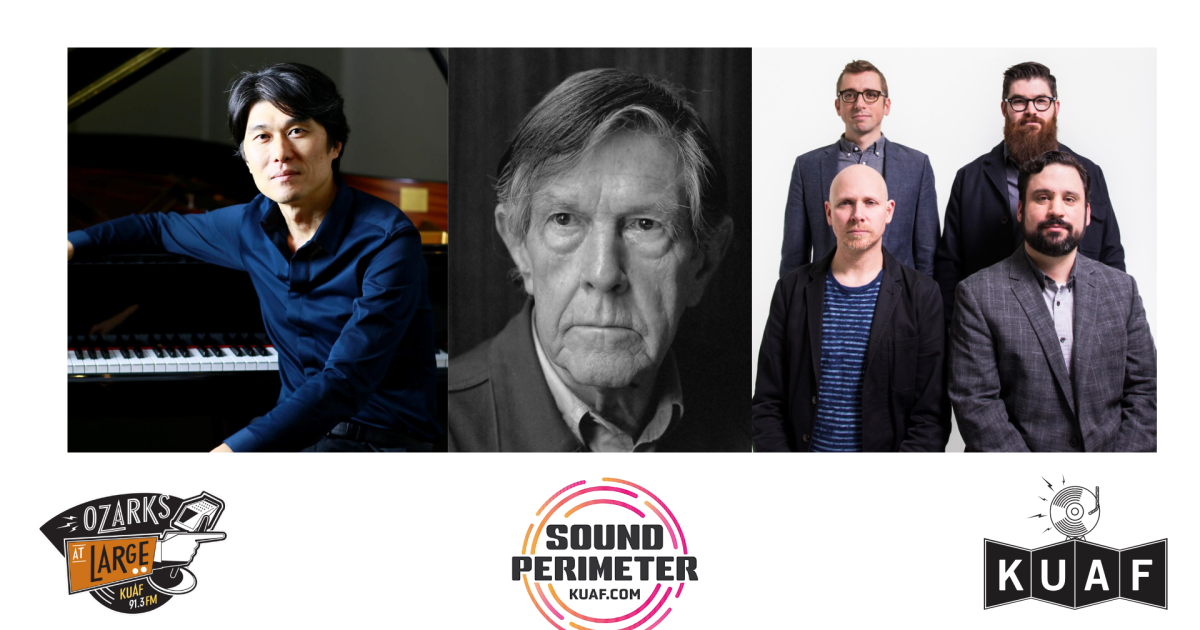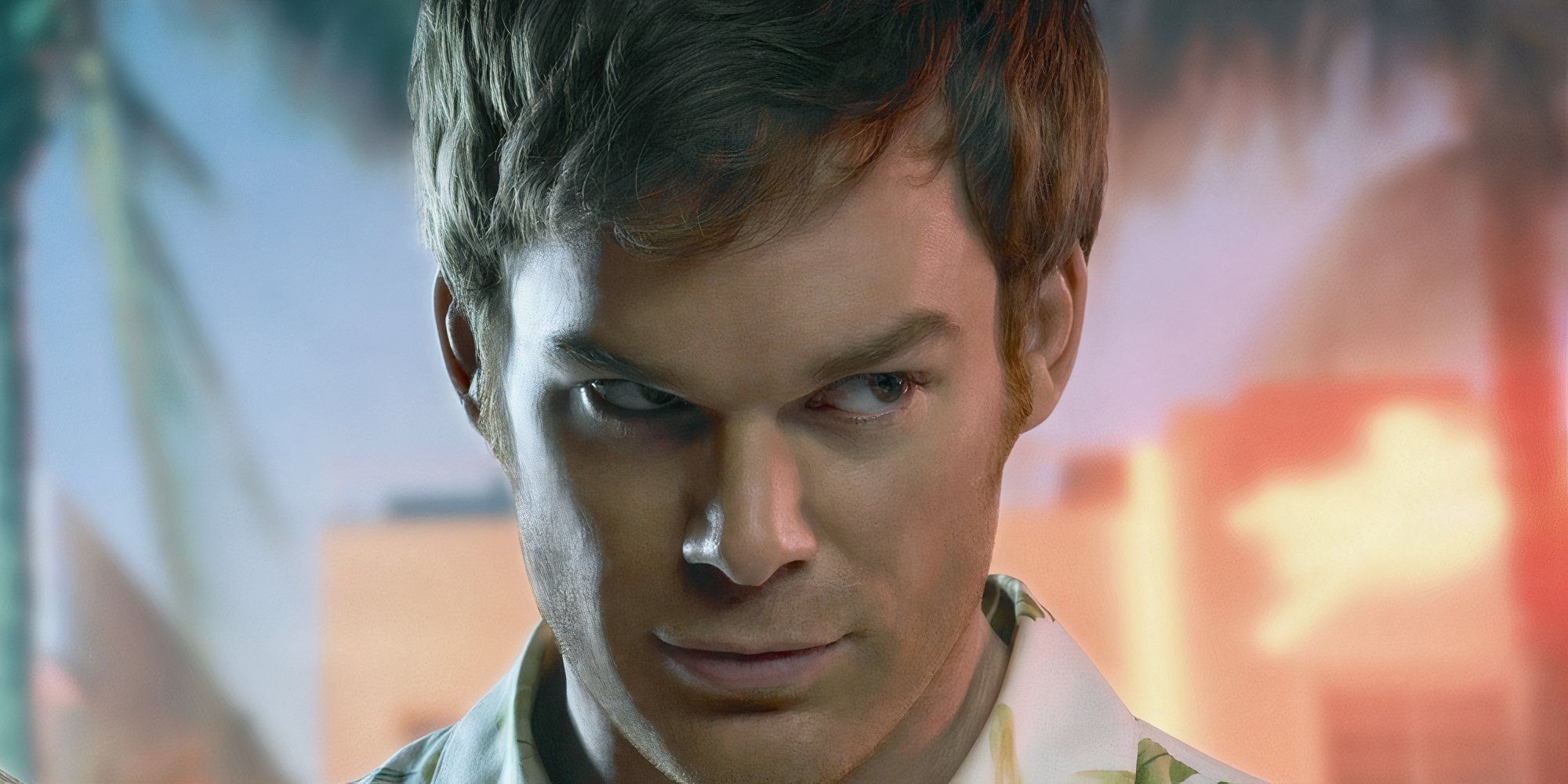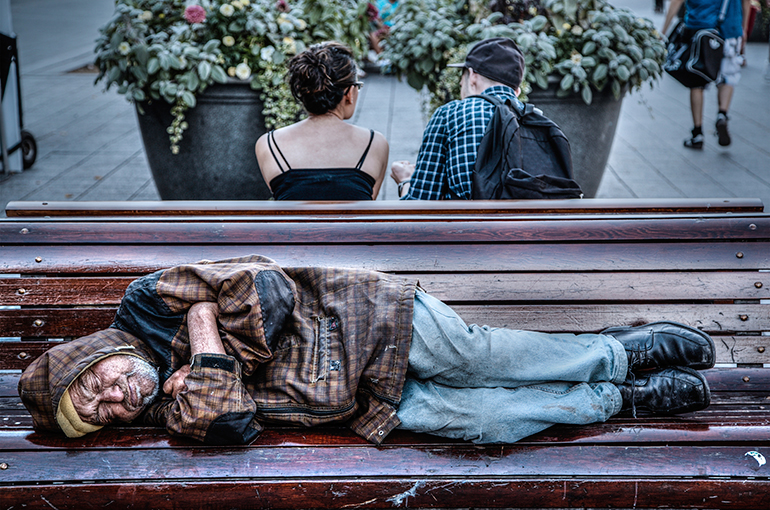Exploring The Sound Perimeter: Music As A Social Connector

Table of Contents
Shared Musical Experiences Foster Connection
Music's ability to connect people is deeply rooted in our shared experiences with it. The power of collective listening and participation creates a unique bond between individuals.
The Power of Live Music
Live music offers an unparalleled experience of collective engagement. The energy of a concert, festival, or even a smaller, intimate gig creates a palpable sense of community.
- Shared emotional response: Everyone is experiencing the same music, often evoking similar feelings of joy, excitement, or even melancholy. This shared emotional journey strengthens the feeling of unity.
- Sense of belonging: Surrounded by like-minded individuals, attendees feel a sense of belonging to a larger group united by their love of music.
- Collective energy: The collective energy of the crowd, amplified by the music, creates a powerful and infectious atmosphere.
- Spontaneous interactions: Live music often encourages spontaneous interactions among strangers, leading to unexpected connections and friendships.
The body language of a crowd at a concert—the swaying, dancing, singing along—further amplifies this sense of unity. Everyone is physically participating in the shared experience, creating a powerful visual representation of the social connection music facilitates.
Music and Social Identity
Musical tastes are often closely tied to social identity. The music we enjoy can help us find our tribe, connecting us with others who share similar values and interests.
- Identifying with specific genres: Our preference for certain genres – from rock to classical, hip-hop to country – often reflects aspects of our personality and social background.
- Finding community through shared musical preferences: Online forums, fan clubs, and social media groups dedicated to specific artists or genres provide spaces for individuals with shared musical tastes to connect.
- Use of music as a marker of identity: Music can serve as a powerful marker of social identity, helping individuals to express their values and belonging to a particular subculture.
Punk rock, for instance, has long been associated with rebellion and anti-establishment sentiments, fostering a strong sense of community among those who identify with its ethos. Similarly, genres like electronic dance music create vibrant and inclusive subcultures centered around shared experiences at festivals and clubs.
Music as a Catalyst for Communication and Empathy
Music transcends linguistic barriers, offering a nonverbal language that fosters understanding and connection.
Music as a Nonverbal Language
Music possesses a unique capacity to express emotions and experiences that are difficult to articulate with words.
- Expressing complex feelings: Music can convey nuances of emotion that words often fail to capture, allowing individuals to express themselves in ways that feel authentic and deeply personal.
- Bridging communication gaps across languages: Music's universal appeal transcends linguistic boundaries, fostering connection and understanding between people from different cultural backgrounds.
- Fostering emotional understanding: By exposing individuals to diverse musical expressions, we develop empathy and a deeper understanding of others' perspectives and experiences.
Music therapy, for example, leverages music's ability to connect with emotions to help individuals process trauma and improve mental well-being.
Shared Playlists and Music Recommendations
Sharing music and discovering new artists together is a powerful way to build relationships and strengthen bonds.
- Collaborative playlists: Creating shared playlists is a fun and engaging way to learn about each other's musical tastes and bond over shared preferences.
- Personalized recommendations: Recommending songs or artists to friends and family is a thoughtful gesture that reflects our care and interest in others.
- Discovering new artists together: Exploring new musical horizons together expands our perspectives and enriches our shared experiences.
- Strengthening bonds through shared musical discovery: The act of discovering and sharing music strengthens bonds by creating shared memories and inside jokes.
The rise of collaborative playlists on platforms like Spotify and Apple Music exemplifies the increasingly social nature of music consumption.
Music in the Digital Age: Expanding the Sound Perimeter
The digital revolution has dramatically expanded the reach and impact of music as a social connector.
Online Music Communities
The internet has given rise to vibrant online communities centered around shared musical interests.
- Social media groups: Facebook groups, Instagram hashtags, and Twitter communities dedicated to specific artists, genres, or musical events offer spaces for individuals to connect and engage in discussions about music.
- Online forums: Dedicated music forums provide platforms for in-depth discussions, reviews, and sharing of musical resources.
- Streaming platform communities: Streaming services often include features that allow users to connect with each other and share their music experiences.
- Collaborative projects: Online platforms facilitate collaborative music projects, bringing together musicians from across the globe.
Virtual Concerts and Events
Technology has expanded access to shared musical experiences, making music more inclusive and accessible.
- Increased accessibility: Virtual concerts and events allow individuals who may not have access to live performances to participate in shared musical experiences.
- Reaching diverse audiences: Online events can reach geographically dispersed audiences, fostering connections between people from different cultures and backgrounds.
- Fostering global communities: Virtual concerts and events create opportunities for building global communities united by a shared love of music.
- Overcoming geographical barriers: Technology breaks down geographical barriers, allowing individuals from different parts of the world to connect and share their musical passions.
The pandemic highlighted the importance of virtual concerts in maintaining social connection through music, demonstrating the adaptability and enduring power of music in the digital age.
Conclusion
Music's role as a social connector is undeniable. From the exhilarating energy of a live concert to the intimate act of sharing a playlist, music consistently transcends boundaries and unites individuals. Shared musical experiences foster a sense of belonging, create empathy, and build communities both online and offline. The digital age has further expanded the "sound perimeter," allowing for more inclusive and accessible ways to connect through music. Embrace the power of music as a social connector. Explore new genres, share your favorite songs, and discover the profound connections awaiting you within the vibrant sound perimeter!

Featured Posts
-
 The China Market Headwinds For Luxury Carmakers Like Bmw And Porsche
May 21, 2025
The China Market Headwinds For Luxury Carmakers Like Bmw And Porsche
May 21, 2025 -
 Dexter Original Sin Steelbook Blu Ray A Must Have Before Dexter Resurrection
May 21, 2025
Dexter Original Sin Steelbook Blu Ray A Must Have Before Dexter Resurrection
May 21, 2025 -
 Raising A Billionaire Boy Challenges And Opportunities Of Extreme Wealth
May 21, 2025
Raising A Billionaire Boy Challenges And Opportunities Of Extreme Wealth
May 21, 2025 -
 Huizenmarkt Nederland Kloof Tussen Abn Amro En Geen Stijl
May 21, 2025
Huizenmarkt Nederland Kloof Tussen Abn Amro En Geen Stijl
May 21, 2025 -
 Peppa Pigs Real Name Revealed Fans In Shock
May 21, 2025
Peppa Pigs Real Name Revealed Fans In Shock
May 21, 2025
